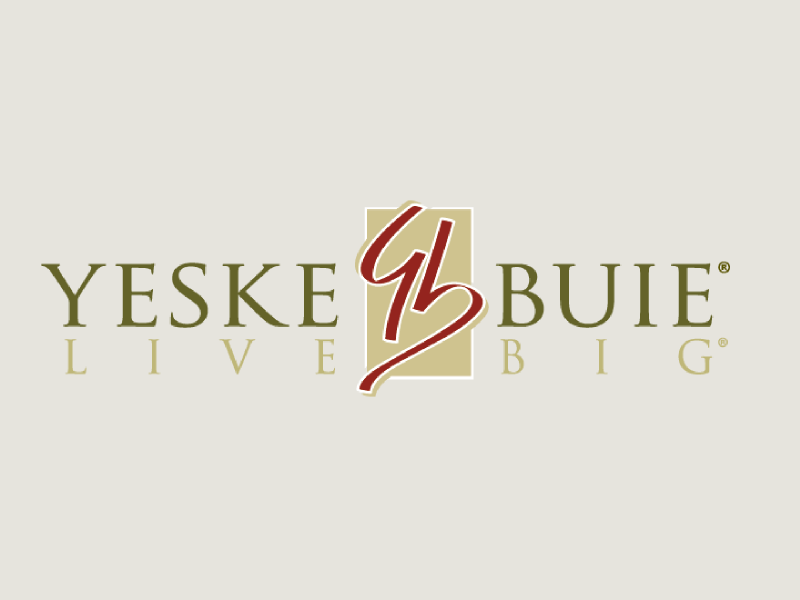The Plan: Reduce Debt, Build an Emergency Fund

By Kathy Chu, USA TODAY
But he also thinks the Smiths need to keep some fun money for themselves and not put every penny into paying bills, saving for retirement and their kids’ education. “If you restrict yourself too much, sooner or later, there’s a risk that you’re going to blow everything you have,” Yeske says.
The Smiths appreciate the reality check. “It’s been months since we’ve gone out,” Kevin Smith says. “We’ve been feeling we need to put some money aside for that. It’s just hard, because when you go out, that’s $20 or $40 for the sitter alone.”
Yeske, founder of Yeske & Co., has three suggestions for generating some cash:
• Noting the meager 0.5% the couple earned on the $2,500 in their savings account, he said they could nab a higher rate with an online account. They agreed and wasted no time opening an ING Direct savings account yielding 4.15%.
• They could save money on auto insurance. They have a $500 deductible for comprehensive and collision coverage on their cars; raising the deductible could lower their premium, the planner notes.
Increasing the deductible means the couple would face more financial risk in case of an accident. But Yeske says having an emergency fund — with three months’ worth of household expenses — would help them absorb unexpected expenses.
The Smiths raised the deductible on one car to $1,000 (the insurer wouldn’t increase the other car’s deductible because it’s 16 years old) and increased liability coverage on both cars. They also received a discount on auto insurance after getting a renter’s policy through the same company, at Yeske’s suggestion.
• The Smiths can generate more cash if they can find time to pursue their potentially lucrative hobbies, the planner says. Kevin Smith enjoys photography and could use this skill to earn money in his spare time.
Amy Smith, who’s passionate about making and selling handbags, believes she can devote more time to this goal in about two years, once their youngest twins start school. This could be another source of income, Yeske says.
What to do with extra money? After building up their emergency fund, the Smiths should consider making additional payments to their credit card debt, Yeske advises. Shrinking this debt would free up money for savings.
They also need to think about saving for retirement so their money can compound though the years. The planner suggests they consider opening a Roth IRA in lieu of Kevin Smith’s workplace 401(k) plan. The couple thinks this advice makes sense, because they can pull money out of a Roth tax-free in retirement.
Yeske also suggests the Smiths save for their children’s education in state-run 529 college-savings plans, because contributions can also be withdrawn free of taxes for tuition and books. (This tax break ends in 2010, but many experts think Congress will extend it.)
After consulting Yeske, the couple plans to boost the $800,000 coverage on Kevin Smith’s life insurance policy to $1 million. And they’re looking into getting a $600,000 life insurance policy for Amy Smith, which would help him with child care expenses if she passed away.
The Smiths are also discussing whom they want to take care of the kids if they both died, and on Yeske’s advice, plan to look into drafting a will and a health care proxy in the near future.
Meanwhile, they’re keeping their eyes peeled for bigger homes that won’t demand much more rent than what they’re paying. Once the couple pays down their debt and frees up more cash, they can think about buying a home, Yeske says. But right now, “saving for a down payment is on the bottom of the list of priorities,” the planner says.
